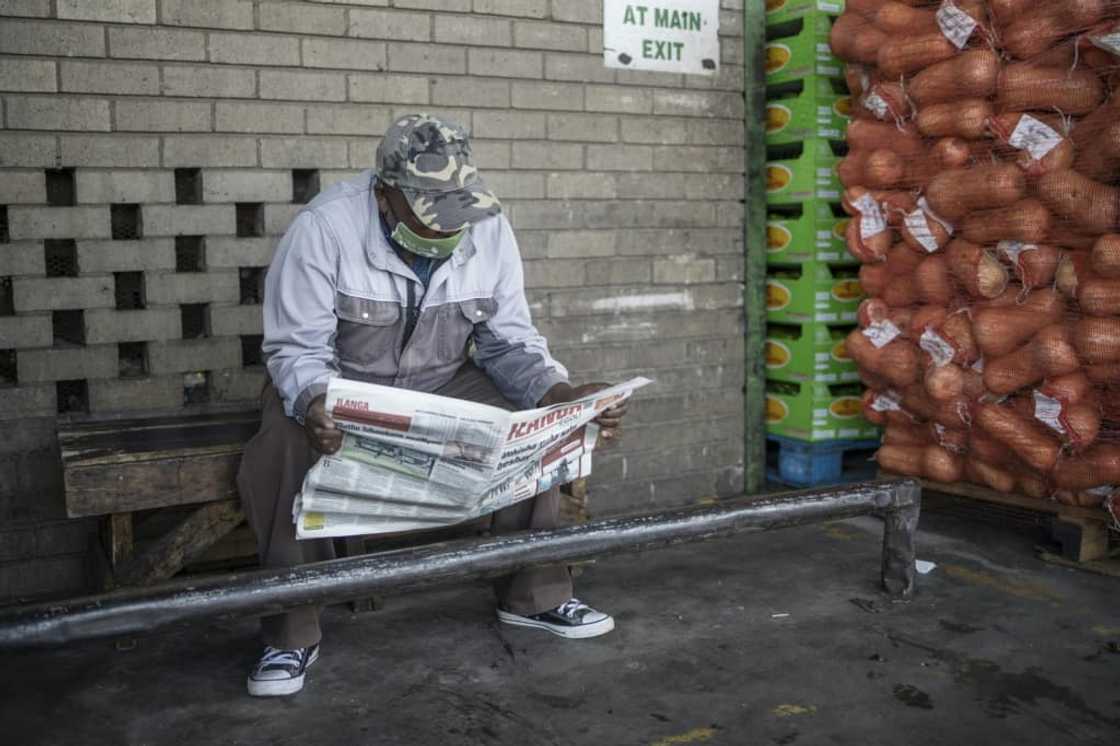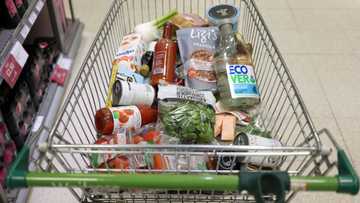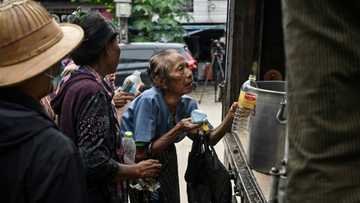South African inflation hits new 13-year high

Source: AFP
New feature: Check out news exactly for YOU ➡️ find “Recommended for you” block and enjoy!
Inflation in South Africa accelerated to its highest level in 13 years in July, pushed mainly by surging food, transport and electricity prices, official data showed Wednesday as workers staged protests over the high cost of living.
Consumer prices rose at an annual rate of 7.8 percent in July, up from 7.4 percent in June, the national statistics agency StatsSA said in a statement.
The publication of the latest statistics coincided with protests in major cities over the worsening economic conditions, which have been particularly crushing for the poorest in the continent's most industrialised country.
Strikers led by South Africa's two largest trade unions called for government action to combat rising poverty and the cost of living in the world's most unequal country.
While the new inflation figure is bad news for consumers, economists see the country likely reaching a tipping point and believe inflation could ease in the coming months.
This "is likely the peak in the current inflation cycle," according to Investec bank chief economist Annabel Bishop.
PAY ATTENTION: Click “See First” under the “Following” tab to see Briefly News on your News Feed!
"Inflation will be lower this time next year," said Dawie Roodt, an economist with the financial services firm Efficient Group.
Inflation has been soaring worldwide, fuelled by supply chain disruptions after the easing of Covid restrictions as well as surging energy and food prices following Russia's invasion of Ukraine.
For South Africans, it has resulted in rising costs for necessities including food, electricity, fuel and medication, the statistics agency said.
Although grain prices are on the decline internationally, Roodt said, "it takes as much as two years before a price shock works its way through the economy."
Prices for breads and cereals were up 13.7 percent in July, from 11.2 percent in June. It means a loaf of white bread now costs 17.84 rand ($1.05) compared to 15.57 rand ($0.91) a year ago, the statistics agency said.
The price of fuel increased by 56.2 percent on last year.
Rising inflation prompted the country's central bank to impose the steepest hike to the benchmark interest rate last month, raising it by three-quarters of a percentage point to 5.5 percent.
Roodt said another hike is likely to come.
It will have a spiralling impact on the broader economy with higher rates resulting in higher debt repayments for consumers, which will hit household budgets, said Christie Viljoen, senior manager and economist for PwC South Africa.
"This, in turn, results in reduced spending power for consumers and companies. This is a challenge for South Africa which is a consumer-driven economy," he said.
The rising cost of living is taking a toll on a population where the unemployment rate hovers near 34 percent.
The government called the unemployment figures a "major concern" on Wednesday, saying more needed to be done to improve conditions following the pandemic.
"Job creation and economic recovery remain the top priorities for government," said cabinet spokeswoman Phumla Williams in a statement.
New feature: check out news exactly for YOU ➡️ find "Recommended for you" block and enjoy!
Source: AFP



